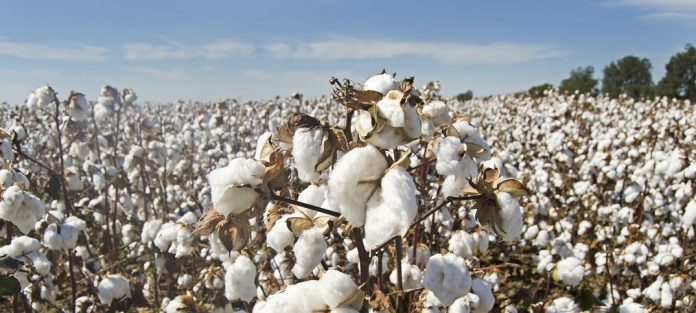The global NGO Textile Exchange has highlighted C&A’s position as one of the world’s leading textile companies in terms of sustainability.
According to the organisation’s Material Change Insights Report, C&A achieved the highest overall level (four) of the Material Change Index, based on C&A’s material portfolio, which includes organic cotton and other preferred materials, its sustainability strategy and circularity. In addition, C&A has also been praised for its alignment with the UN’s Sustainable Development Goals (SDGs). 191 companies participated in this year’s Material Change Index.
“We are proud that C&A’s continuous efforts to shift towards more sustainable materials and circular fashion are being recognised by Textile Exchange,” said Aleix Busquets Gonzalez, Director Global Sustainability at C&A. “As one of the biggest buyers of organic cotton worldwide, we offer tangible help to farmers. For example, in a partnership project in Pakistan, we support cotton farms into converting cultivated farmland into organic by paying the organic cotton premium and committing to purchase quantities of up to 80 per cent.”
C&A’s holistic approach has been validated by Textile Exchange. The Material Change Insights Report provides one of the most comprehensive, data-supported analyses of how the industry is progressing in its shift towards more sustainable materials, as well as its alignment with global efforts like the SDGs and the transition to a circular economy. C&A is one of the European market leaders in this area and has set new standards in recent years: the company developed the world’s first jeans and t-shirt to achieve the “Cradle to Cradle Certified” Gold standard. In May, C&A launched the Forever Denim collection, made from the most sustainable denim fabric in the world (Cradle to Cradle Certified Platinum).
“Through benchmarking, we want to help companies and suppliers focus their efforts and drive towards substantial change. There is no time to waste; we must move now in order to achieve the comprehensive systems change that will be required to keep us within the 1.5°C pathway,” said Claire Bergkamp, the Chief Operating Officer at Textile Exchange
Source: C&A Europe (responsible for the content)




